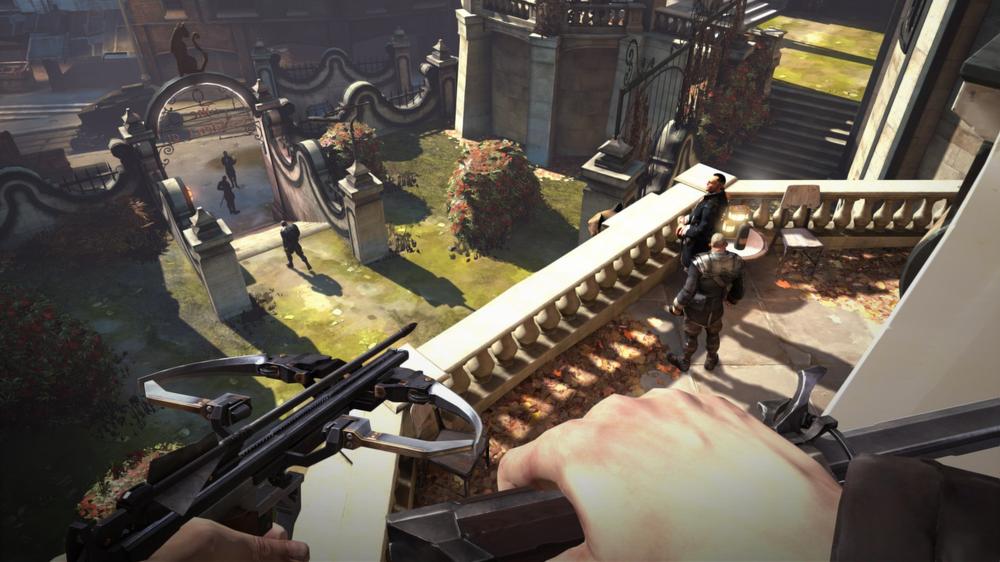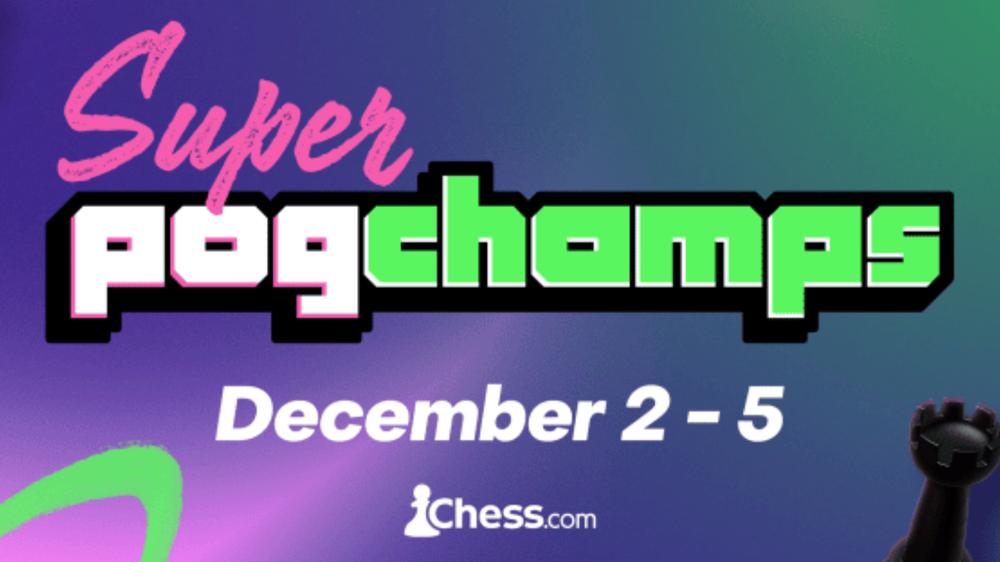Back in 2012, Dishonored earned the first Game of the Year honor of my tenure at Ars Technica. Looking back on the game some 13 years later, Arkane’s well-constructed world of steam punk magical realism earns its place as a modern classic.
The game does a great job of drawing you into that world immediately, with a memorable opening sequence that sees you framed for the on-screen murder of the empress you’ve been sworn to protect. The scene does a great job establishing the emotional stakes of the coming missions while also throwing you into the deep end of the political infighting that has consumed a besieged, plague-beset kingdom.
Those stakes, and a battle against a real feeling of injustice, drive the plot through some admittedly predictable beats as Dishonored continues through a set of sneak-and-assassinate missions. But it’s hard to care about that predictability when even minor side characters on both sides of the conflict quickly develop from stereotypes to engaging, fleshed-out characters.
One of my favorite parts of Dishonored is simply eavesdropping on nearby conversations as I sneak around, getting an unfiltered window into the politics and gossip of Dunwall through some excellent voice acting. Even the books and notes hidden in out-of-the-way corners of the world are worth the time to study, something I can’t say about a lot of other games in the same vein.
But the best thing about Dishonored‘s world-building might be how effortlessly it weaves its almost supernatural whale-oil-powered technology into Victorian-era sensibilities. You can feel it in everything from the exquisite architecture to the incidental posters plastered to many walls. And in the best steam punk tradition, everything about the environment creates an elegant mix of old-fashioned familiarity and fantasy spectacle, walking the fine line between the two extremes just right.
Sneak and spells
As far as the gameplay is concerned, Dishonored obviously owes a lot to Thief and the many stealth-based exploration games that came before. But Dishonored sets itself apart through a set of magical abilities that make all that sneaking around a joy.
Chief among these is the “blink” system, which lets you warp instantly from point to point in a way that reminds me now of the similar nausea-preventing movement systems seen in many virtual reality games. Here, being able to go from one hidden corner to another without the risk of being seen revolutionizes the stealth gameplay.
Hopping up to a nearby rooftop or down on top of an unaware enemy with a quick blink is incredibly satisfying, making you feel less like a crawling assassin and more like a bona fide superhero. The same goes for the “dark vision” that lets you see enemies and allies through walls, an ability that’s all the more necessary in a game without any sort of mini-map to help you get the lie of the land.
In contrast to the elegant, super-powered sneaking, combat in Dishonored can feel a bit slow and clunky. This is exacerbated by the game’s “chaos system,” which sends seemingly endless waves of enemies that turn each violent engagement into a war of attrition against a nearly overwhelming force.
It’s usually a better idea to simply blink away to safety until they quickly call off the pursuit. Or, better yet, just avoid combat altogether by sticking to the shadows, coming out only when you can take out your next assassination target cleanly and silently.
In a lesser game, the assassination-focused gameplay could threaten to feel too repetitive. But Dishonored‘s structure encourages different paths to that same final goal in each mission, from magically assisted sneaking to social manipulation and eavesdropping to actually taking a moral stand in a long-running feud.
Add in side quests that offer plenty of opportunity for creative problem solving, and you have a game that encourages multiple playthroughs to explore all the different ways you can succeed. That should provide enough of an excuse to revisit Dishonored, or to dive in for the first time if you missed it during its debut.
Ars Technica may earn compensation for sales from links on this post through affiliate programs.

 Chess.com announces ‘SuperPogChamps’ with Tyler1, Andrea Botez, SonicFox & more
Chess.com announces ‘SuperPogChamps’ with Tyler1, Andrea Botez, SonicFox & more